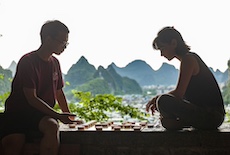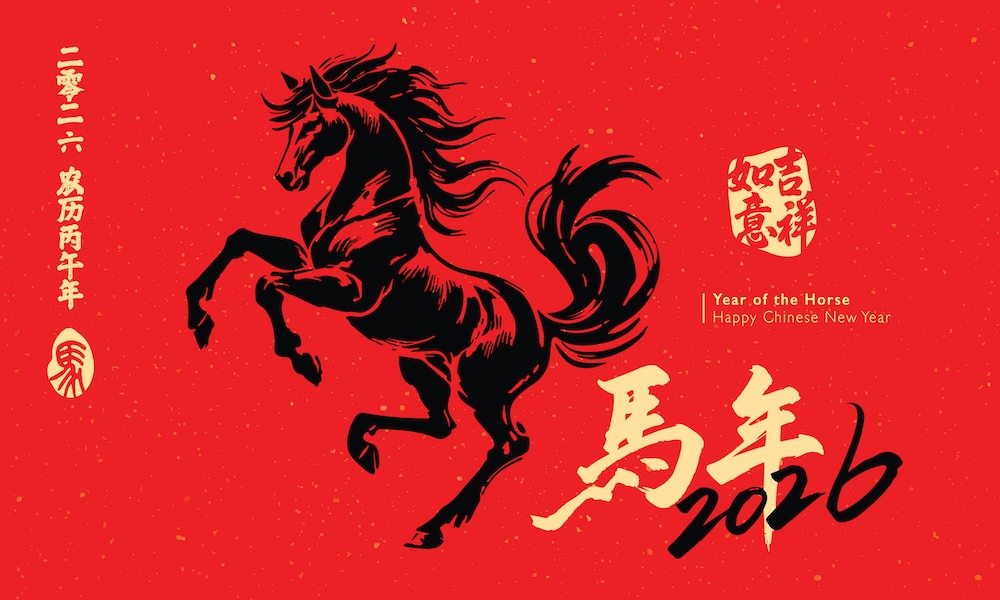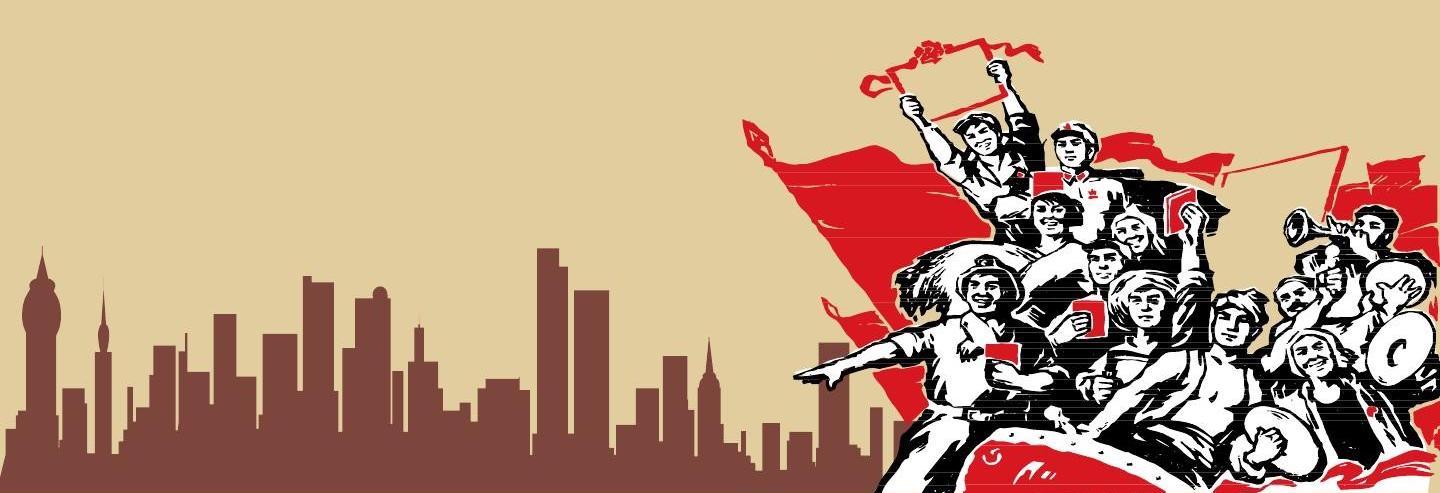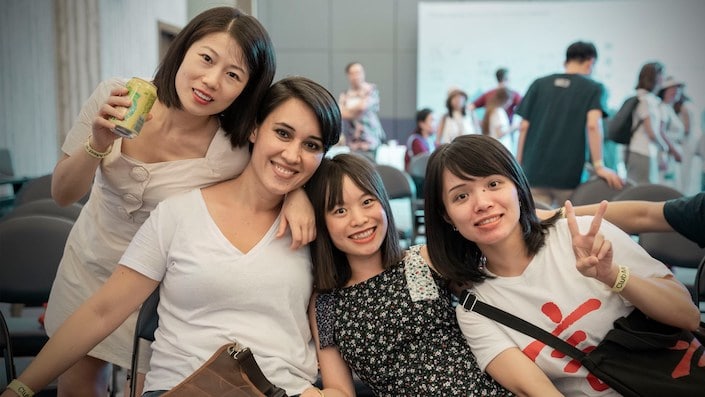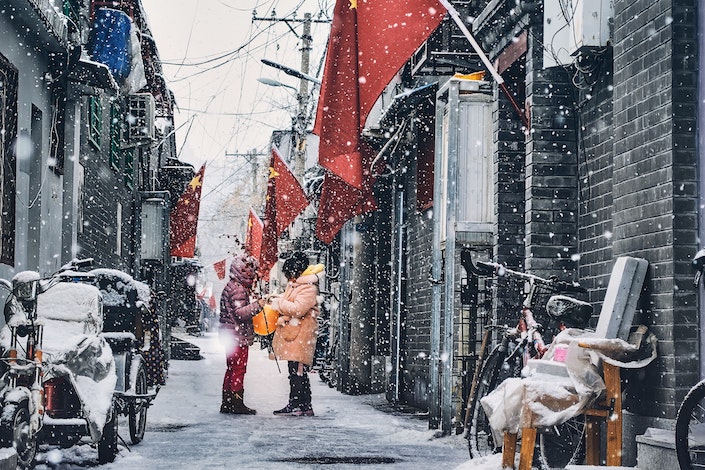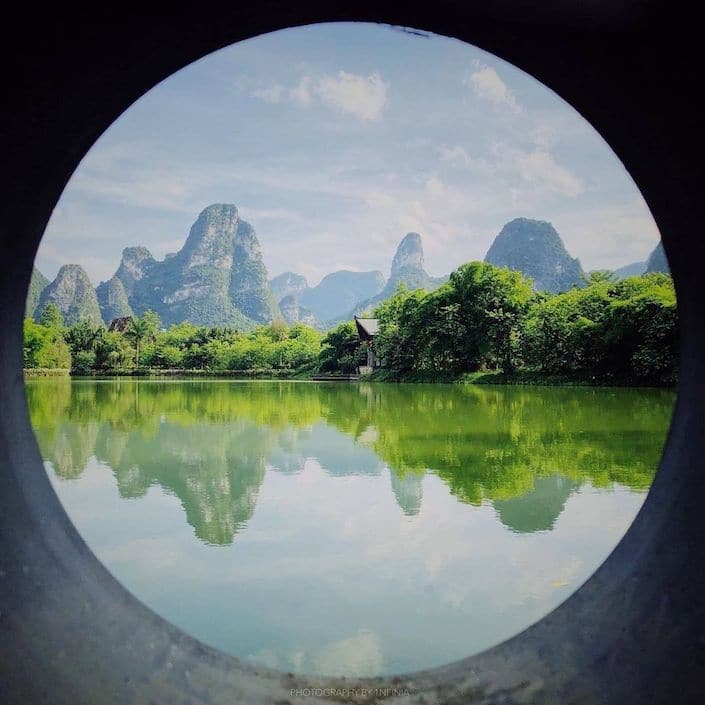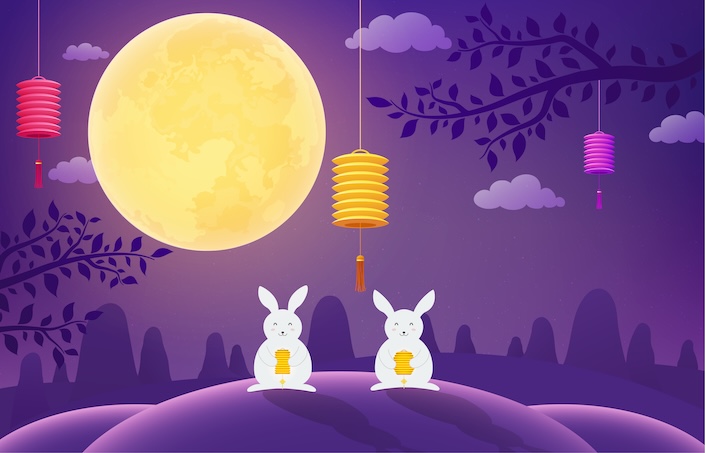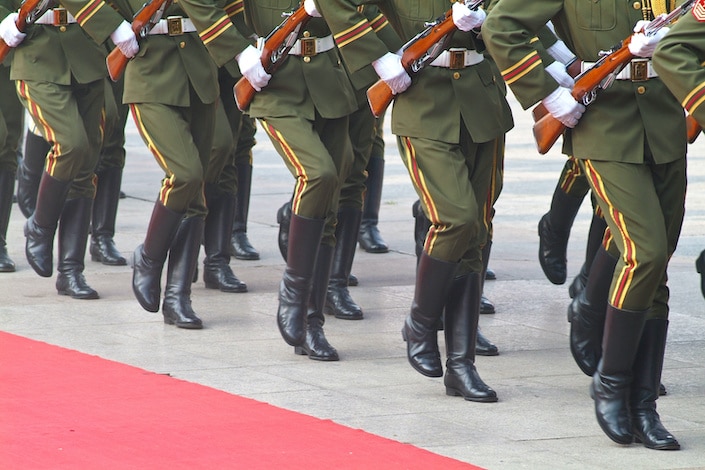China’s Qingming Festival, Explained


Learn Chinese in China or on Zoom and gain fluency in Chinese!
Join CLI and learn Chinese with your personal team of Mandarin teachers online or in person at the CLI Center in Guilin, China.
Qingming Festival (清明节 or Qīngmíngjié in pīnyīn), also called Tomb Sweeping Day or Pure Brightness Festival, is an important traditional Chinese holiday. The festival is celebrated both in China and among members of Chinese communities around the world. The main activity that people engage in on this day is cleaning the tombs of their ancestors.
The holiday is celebrated 15 days after the Spring Equinox, usually between April 3rd and April 5th. Like many Chinese holidays, its date is calculated using the Chinese lunar calendar. While the date of the holiday changes slightly every year, it generally falls in early April. Tomb Sweeping Day is an official public holiday in mainland China, and people are normally given one day off not counting weekends.
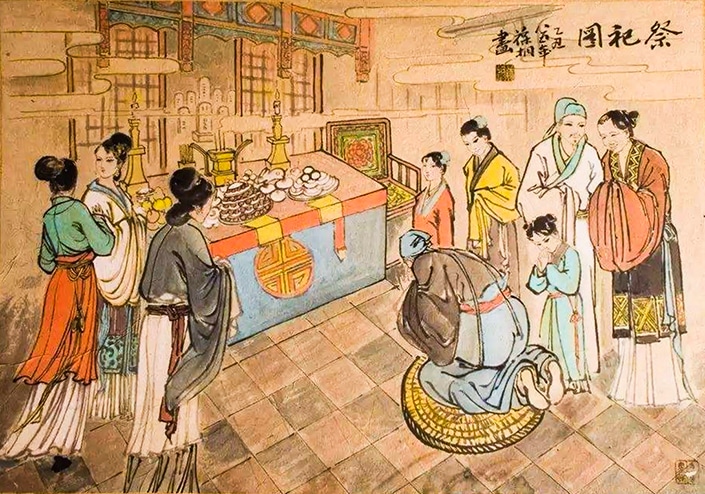

Table of Contents
How did the Qingming Festival originate?
The Qingming Festival grew out of an ancient Chinese festival called 寒食节 (Hánshíjié), generally referred to in English as Hanshi Festival or the Cold Food Festival. The Hanshi Festival itself was originally celebrated to commemorate Jie Zitui, a Chinese nobleman of the Spring and Autumn Period (around 771 BC to 476 BC). Jie Zitui was a loyal follower of Duke Wen of Jin. At one point when the duke was going through hard times, Jie Zitui cut some flesh from his own thigh and cooked it for the duke to keep him from starving.
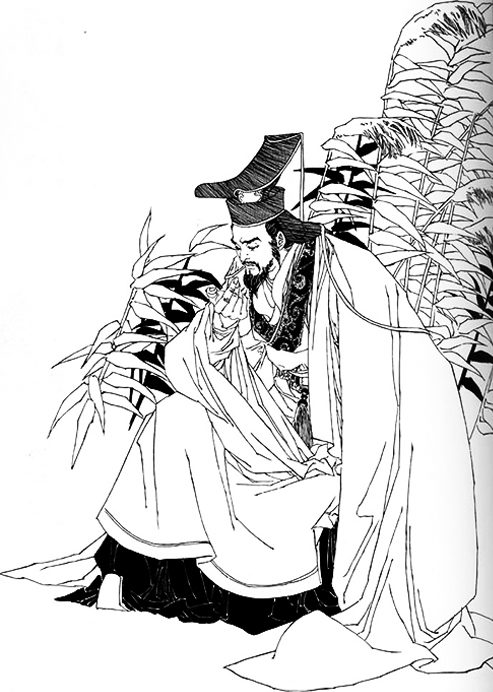

Duke Wen
When Duke Wen eventually came to power years later, he sent for Jie Zitui, who was living a lonely life as a poor man in the woods near Mt. Mian in Shanxi Province. Jie Zitui was uninterested in taking up a place in government, which he saw as corrupt, and so he ignored the summons.
In order to force Jie Zitui to respond, Duke Wen decided to set a forest fire to smoke him out. Unfortunately, however, Jie Zitui and his mother were killed in the fire. Feeling remorseful over Jie Zitui’s untimely death, Duke Wen decreed that the use of fire would be banned for several days to commemorate his sacrifice.
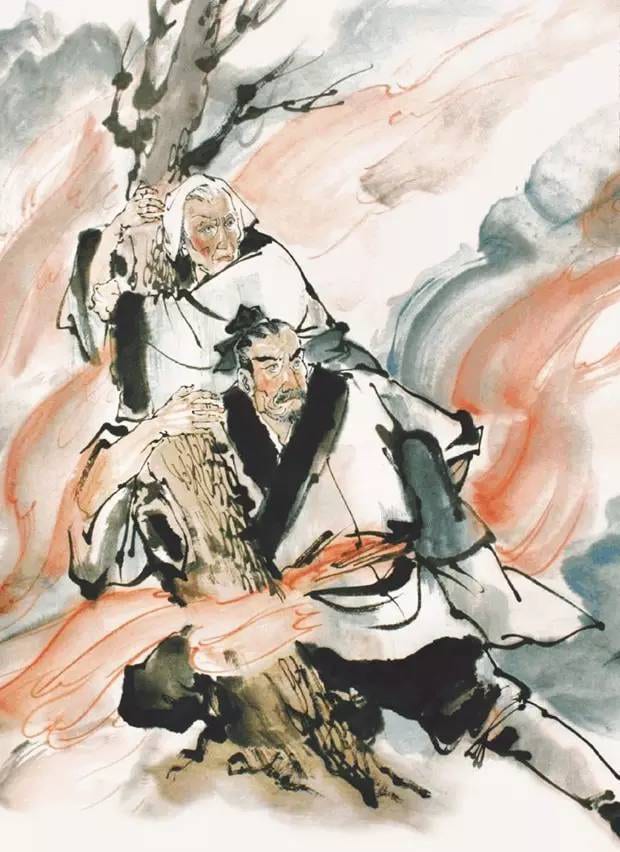

Jie Zitui (The front)
Over the years, this tradition of going without fire, and thus eating cold food, spread through surrounding regions and grew in popularity. Early on, Hanshi Festival was celebrated in winter and could last up to one month in some places.
When it was discovered that eating cold food for an entire month in the dead of winter was causing multiple people to die each year, however, authorities tried to ban the festival, but they were often unsuccessful and the tradition continued. Eventually, the authorities moved the festival from winter to spring.
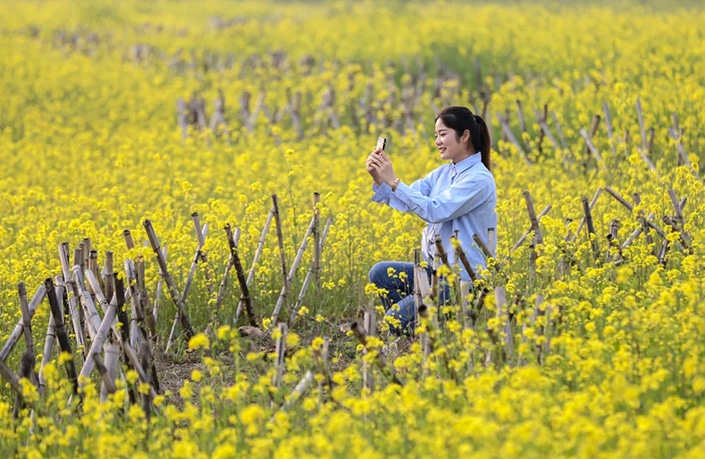

Over time, its traditions were gradually conflated with those of Qingming Festival. The Hanshi Festival is rarely celebrated as a separate festival today, but it lives on in the tradition of not eating cooked food during Qingming Festival.
What do people do during Qingming Festival?
Qingming Festival is often referred to as Tomb Sweeping Day in English and this name makes sense considering the fact that tomb sweeping is the most important activity that people engage in on this holiday. In addition to cleaning their ancestors’ tombs and making offerings to the dead, people also go on outings to enjoy nature, fly kites and eat special foods during this time.
Tomb-Sweeping
Tomb sweeping, or 扫墓 (sǎomù) in Chinese, is seen as a way to show respect to one’s ancestors. The practice is closely connected with Chinese traditions related to filial piety and ancestor worship. Tending to the tombs of one’s ancestors is a very important part of the Qingming holiday but since burial practices in the Chinese countryside are very different from those in the cities, the process of cleaning the ancestors’ tombs is different depending on where one lives.


In the countryside, Chinese tombs have changed very little over the years. Most are not located in a graveyard. Instead, they are often located in an auspicious place with good 风水 fēng shui, usually on the side of a hill or a mountain.
The bodies of the dead are buried in the ground instead of being cremated. Often, all the relatives in one family group will be buried near each other. If a family is not well-off, the tombs may simply be large unmarked mounds of dirt. In wealthier families, there will often be a large earth burial mound with a flat semi-circular area in front of it that has been cemented over.
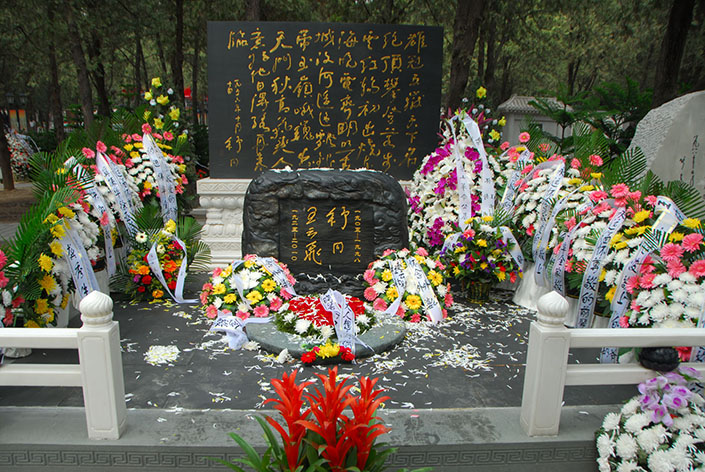

In the back portion of the semi-circle, there will usually be a raised wall of cement with a rectangular stone in the center on which information about the deceased is carved. Usually there are no free-standing tombstones like those seen in the West.
Because of the location of the burial mounds, cleaning family tombs in the countryside can be quite an undertaking. It is often necessary to climb up a mountain to get to the graves. In addition, the dirt grave mounds on the mountainsides often become nearly overgrown with underbrush, which needs to be cleared. Depending on how long it’s been since the tomb was last cleaned, this is often a big job that involves hacking at the weeds with machetes.
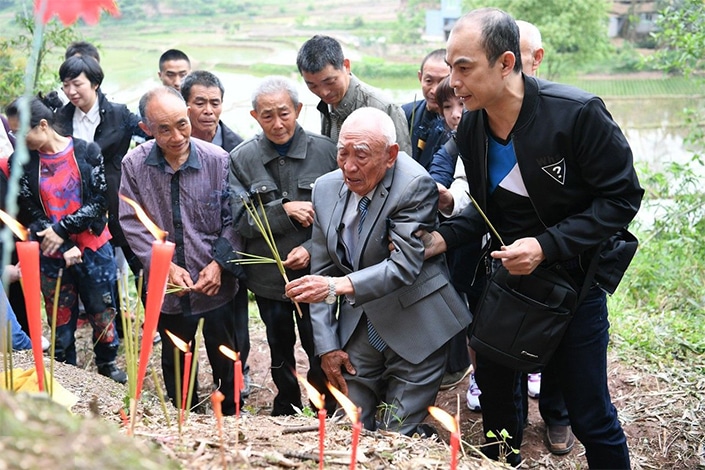

When families are wealthier and have been able to pay for cement coverings for their burial mounds, the process of cleaning the tombs is usually much easier. Instead of chopping at stubborn underbrush, relatives may simply need to sweep away accumulated dead leaves and dirt.


In many parts of China, including some parts of the countryside, it is now illegal to bury relatives in the traditional way. In a bid to conserve land resources, the government has even carried out coffin-smashing campaigns in various parts of China in an attempt to get people to cremate their deceased relatives instead.
While many people in isolated parts of the countryside still find ways to avoid bans on traditional burial, almost everyone in the cities now opts for cremation.
Burial plots in the cities are usually quite compact. There are no mounds and often, no grass at all. Instead, row after row of stone tablets are usually constructed with concrete paths running between them. At urban cemeteries like this, very little grave maintenance is required.
Leave Offerings to Ancestors
In the countryside, once the graves are cleared, offerings are usually placed at the foot of the burial mounds or on the semi-circle of cement in front of those graves that have been cemented over.
What is left as an offering varies by family and by region. A typical offering in rural Hunan, for example, might consist of a bowl of rice with chopsticks, a plastic cup of the strong Chinese liquor known as 白酒 (báijiǔ), and a chicken head or other piece of meat.


Once the offering has been placed in front of the tomb, family members set off firecrackers (鞭炮 biānpào) and burn incense (香 xiāng) and paper hell money (冥钞 míngchāo). Firecrackers are now banned in most cities, so on or around the Qingming Festival, relatives of those who are buried in cities may simply visit the graves, burn some incense and leave some flowers.
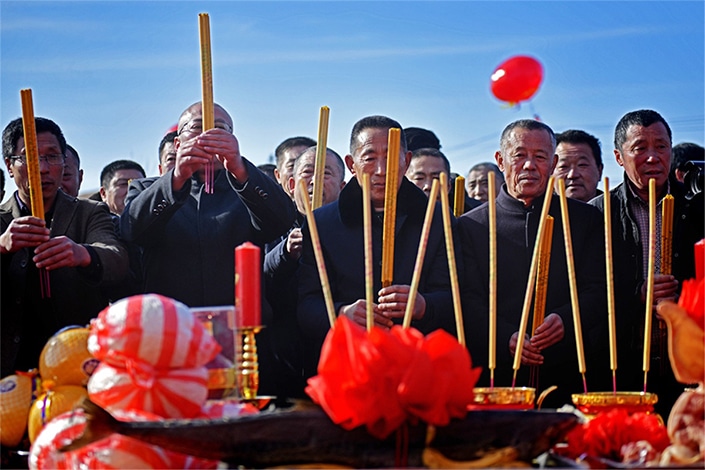

Spring Outings
After paying respect to the ancestors by cleaning their tombs, many people will then spend some time outdoors enjoying nature while participating in spring outings, known as 踏青 (tàqīng). Since Qingming Festival falls in early spring every year, it usually coincides with some of the first warm days of the year. People whose ancestors are buried in the city or those who live in cities and have not had time to travel back to the countryside to visit their ancestors’ graves will often head to a park or other place where they can spend time in nature.


Kite Flying
Another popular Qingming activity is kite-flying. While this is a popular activity during 踏青 (tàqīng) outings, people also fly kites in the evening during Qingming Festival. Colored lanterns are often attached to kites in the evening so that they twinkle as they travel through the sky.
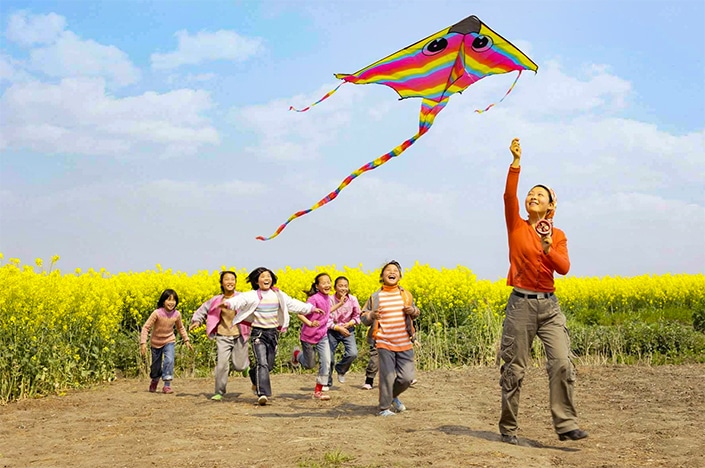

Traditionally, people believe that they can increase their chances of having good luck by cutting the strings of their kites and letting them float away instead of reeling them back in. Kites released in this way are thought to carry people’s misfortunes away with them into the sky.
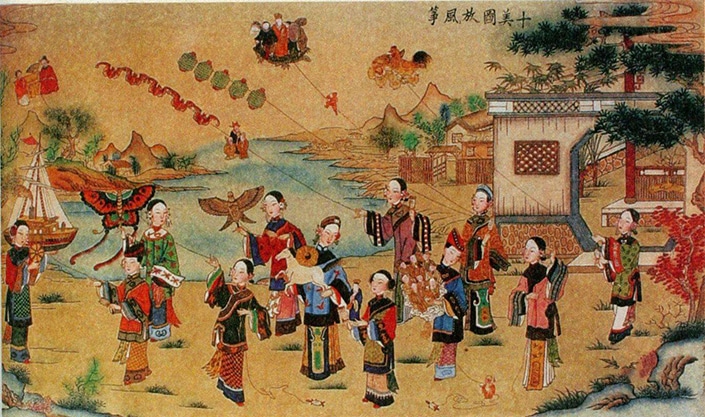

What do people eat during Qingming Festival?
As discussed earlier, because of the holiday’s early associations with the Cold Food Festival, or 寒食节 (Hánshíjié), people traditionally only eat cold food during Qingming Festival. While celebrating the holiday in southern China, people usually eat 青团 (qīngtuán), which are round, sticky and slightly sweet green dumplings made with glutinous rice and either barley grass or Chinese mugwort. The dumplings are often stuffed with some sort of filling such as sweet red bean paste.
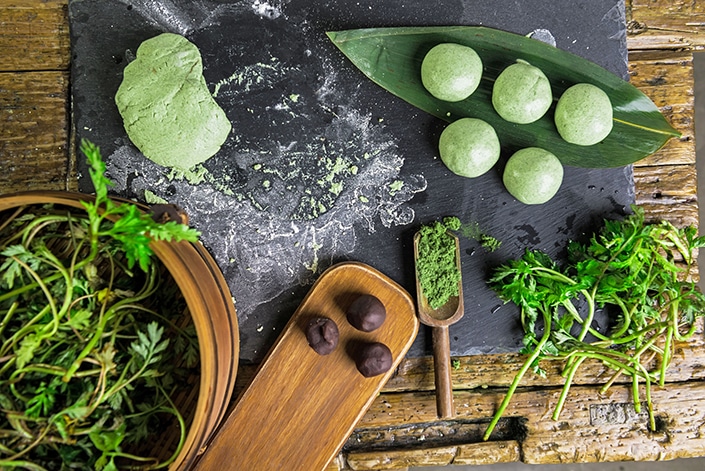

In both the north and the south of the country, it is also popular to eat 馓子 (sǎnzi). These are deep fried salty dough twists which are cooked in advance and allowed to cool and dry. Because each crunchy twist is made up of multiple thin strands of dough, each 馓子 (sǎnzi) looks rather like a bunch of spaghetti. They are eaten cold and are often seasoned with sesame seeds.
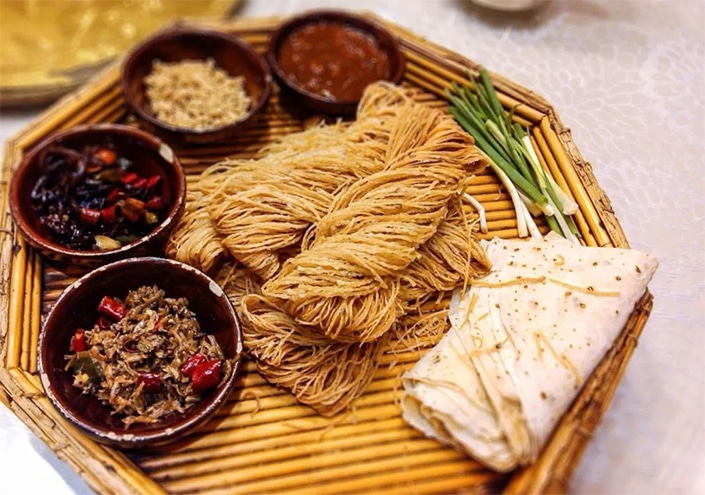

Keeping the Tradition Going
Qingming Festival remains an important holiday in China, providing many people with the chance to pay their respects to their ancestors and spend time enjoying the great outdoors.
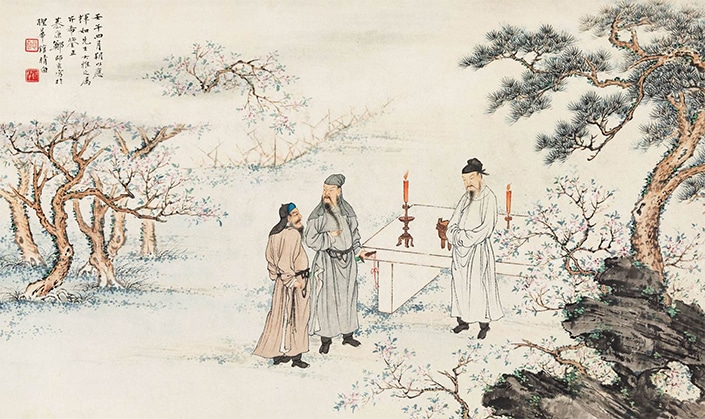

If you are in China during this time, keep in mind that since Qingming Festival is also a time to celebrate the arrival of spring, it’s possible to celebrate it even if you can’t visit your relatives’ tombs. Instead, consider marking the holiday by sampling some traditional Qingming foods like 青团 (qīngtuán) or taking advantage of the warm weather to head to the countryside to enjoy nature.
Interested in finding out more about ancient Chinese festivals that have stood the test of time? Check out our articles on the Chinese Summer Solstice or the Dragon Boat Festival to learn more.
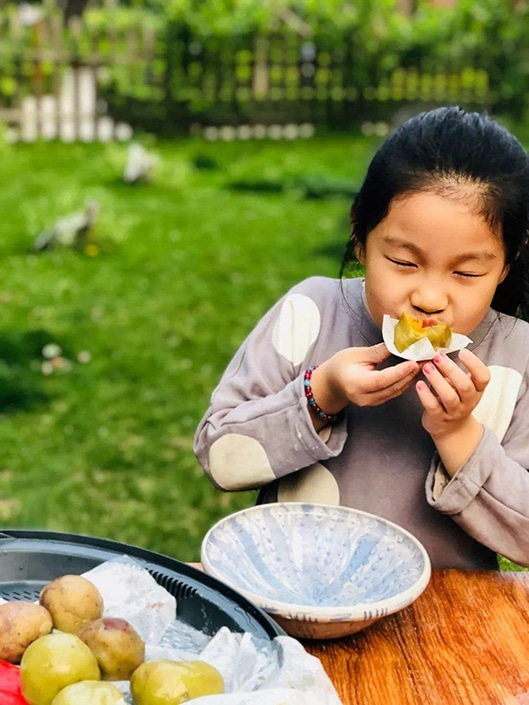

Chinese Vocabulary for Qingming Festival
| Character | Pinyin | Definition |
|---|---|---|
| 清明节 | Qīngmíngjié | Qingming Festival; Tomb Sweeping Day; Pure Brightness Festival |
| 寒食节 | Hánshíjié | Hanshi Festival; Cold Food Festival |
| 扫墓 | sǎomù | sweep a grave |
| 风水 | fēngshuǐ | feng shui; geomancy |
| 白酒 | báijiǔ | strong Chinese alcoholic drink distilled from sorghum or maize |
| 鞭炮 | biānpào | firecrackers |
| 香 | xiāng | incense |
| 冥钞 | míngchāo | hell money |
| 踏青 | tàqīng | spring outing |
| 青团 | qīngtuán | sweet green Chinese dumplings |
| 馓子 | sǎnzi | deep-fried dough twists |
| 春天 | chūntiān | spring |
| 节日 | jiérì | holiday; festival |


Anne Meredith holds an MA in International Politics and Chinese Studies from the Johns Hopkins School of Advanced International Studies (SAIS), where she wrote and defended her Master's thesis entirely in Chinese — one of three recognized "with distinction" at commencement. As CLI's former Head of Content, Anne led a team of content creators and Chinese language teachers to produce online Mandarin learning resources, including CLI's Chinese Graded Readers series. She has lived in China for over a decade, is fluent in Chinese, and currently resides in Shanghai.



